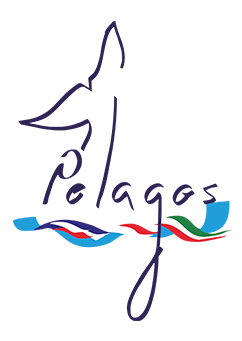Within the framework of the 2022-2027 Management Plan and related Action Plan of the Pelagos Agreement, formally adopted during the 8th Meeting of the Parties (Rome, December 15-16, 2021), an inclusive and participatory approach has been established to pursue the objectives of the Agreement and implement its activities.
Stakeholders are called upon to collaborate in a concerted manner, following the provisions outlined in the aforementioned documents, in order for each to contribute to the co-management of the Pelagos Sanctuary area and the concrete achievement of the Agreement’s objectives: “Parties at national level, the Permanent Secretariat, institutional representatives of maritime user categories, private entities operating within the Sanctuary, local and international non-governmental environmental organizations, the research sector, territorial authorities, and citizens in regions involved in the Agreement are all integral elements of the system and, as such, instrumental in its success”.
The strengthening of cooperation with entities operating within and beyond the Sanctuary area is emphasized also through the revision of the Pelagos Agreement’s internal regulations and, notably, of the new Partner status (9th Meeting of the Parties, 24-25 January, Nice).
Furthermore, through the Pelagos Partnership Charter, the Agreement has established concrete collaboration with Municipalities and Coastal Municipal Unions, actively contributing to the attainment of the Agreement objectives based on their competencies and priorities as identified by the Parties.
In this context, it is essential to reinforce cooperation with relevant organizations. Below, we provide a brief overview of entities that have historically collaborated with the Pelagos Agreement and whose objectives are complementary.
Institutional Partners
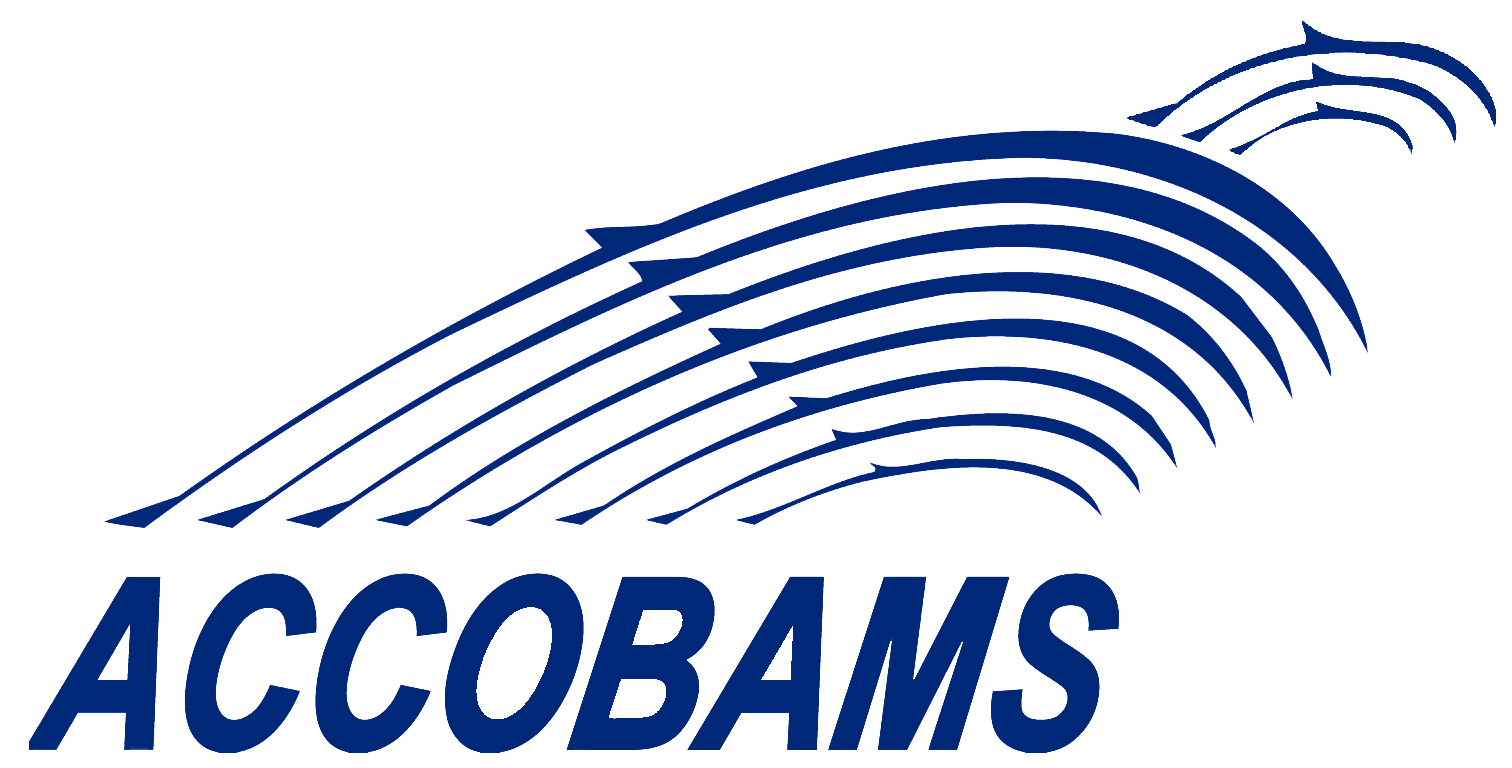
ACCOBAMS is an intergovernmental agreement established between 24 countries in the Black Sea, the Mediterranean Sea, and the adjacent Atlantic Area. Its goal is to reduce the threats to cetaceans, particularly by improving awareness about their populations.
ACCOBAMS and the Pelagos Agreement have a long-standing collaboration, structured through a Memorandum of Understanding which provides for mutual participation in institutional meetings, periodic exchange of information, and cooperation on common interest issues in order to ensure consistency in the measures adopted by both Agreements.

The Action Plan for the Mediterranean of the United Nations Environment Programme (UNEP/MAP) – Barcelona Convention is an institutional, legal, and executive tool adopted by the Contracting Parties (21 coastal countries and the European Union) to develop coordinated action in the Mediterranean Sea, laying the groundwork for the sustainable development of the region.
The history of the Pelagos Agreement is closely linked to the Barcelona Convention. The Pelagos Agreement’s text (1999) mentions Annex I of the Protocol to the Barcelona Convention concerning the Protection of the Mediterranean Sea against pollution from land-based sources and activities (Article 6, paragraph 2). Moreover, since 2001, the Sanctuary has been included in the list of Specially Protected Areas of Mediterranean Importance (SPAMI) of the Barcelona Convention.
Pelagos supports and promotes the work and goals of the MAP system – Barcelona Convention among a wide range of stakeholders, contributing to the overall goal of a healthy and sustainable Mediterranean for current and future generations.
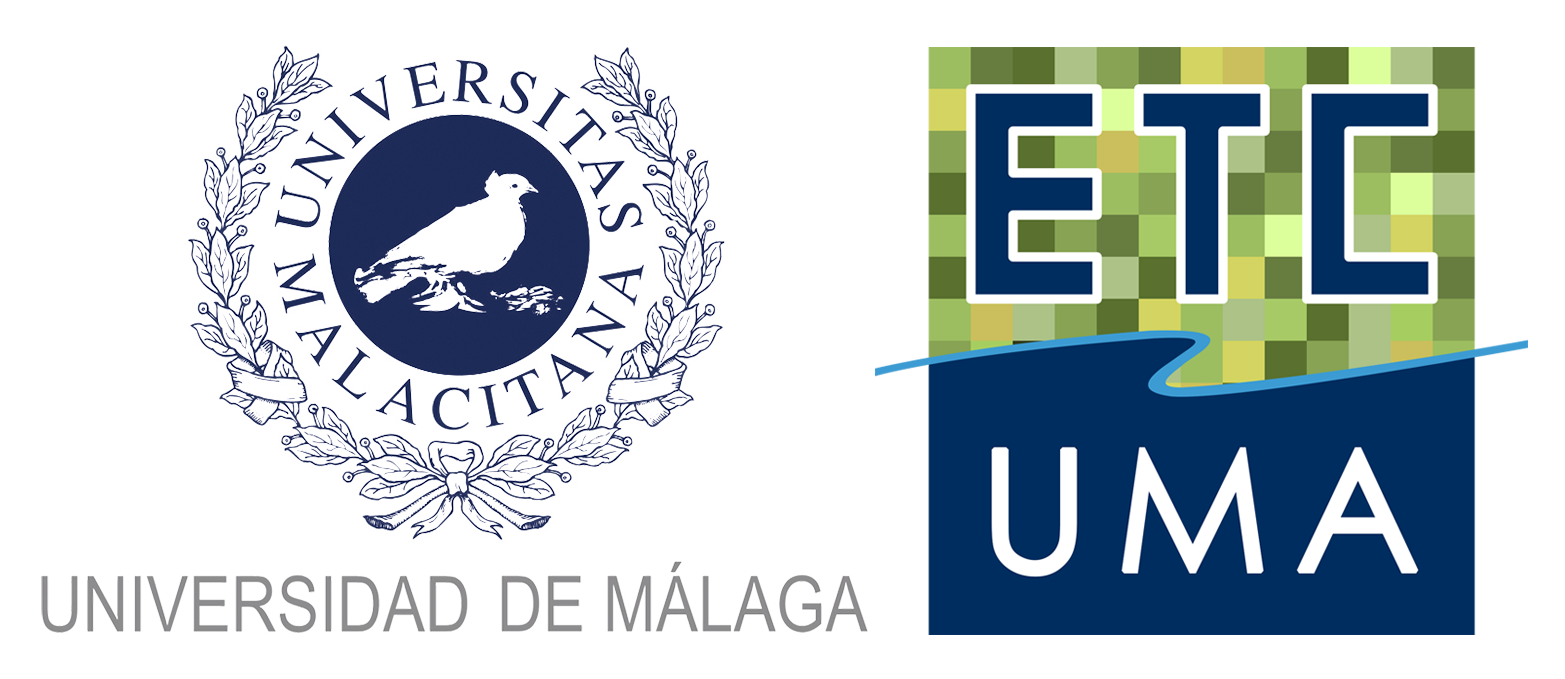
The European Thematic Centre for Spatial Analysis and Synthesis (ETC-UMA) is an international research centre at the University of Malaga. Established in 2011, ETC-UMA aims to promote the development of scientific knowledge to support policies based on empirical evidence. Its main areas of expertise include environmental conservation, ecosystem services evaluation, coastal and marine environmental studies, and sustainable territory management.
ETC-UMA and the Pelagos Agreement have signed a Memorandum of Understanding, approved at the VIII Meeting of the Parties of the Pelagos Agreement (Rome, December 15-16, 2021). In this context, the ETC-UMA team has led networking and coordination activities with various projects and institutions, including the organization of workshops and collaborations to support the Management Plan of the Pelagos Agreement. Additionally, ETC-UMA has developed an operational dashboard within the Mediterranean Biodiversity Knowledge Platform, MBKP to provide in-depth information on the state of biodiversity, environmental pressures, and effective conservation measures in the Pelagos Sanctuary area.
>> https://www.etc.uma.es
>> https://www.etc.uma.es/supporting-cetacean-conservation-in-the-pelagos-sanctuary

The Italian Institute for Environmental Protection and Research (ISPRA) is the public research body of the Ministry of Environment and Energy Security (MASE), providing expertise on a wide range of environmental issues. The Institute conducts research, strategic consulting, technical-scientific and knowledge assistance, experimentation and control, monitoring and evaluation, as well as information and training in environmental matters, with regards to the protection of waters, atmospheric environment, soil, subsoil, marine and terrestrial biodiversity, and their respective crops, as well as the protection of nature and homeothermic fauna.
ISPRA is one of the historical scientific partners of the Pelagos Agreement. In addition to coordinating the Italian delegation to the Scientific and Technical Committee of the Agreement, its researchers contribute to the discussions and objectives of all Working Groups, sharing knowledge about marine mammals and their ecosystems, the most urgent anthropogenic threats in the Sanctuary, and their governance frameworks.
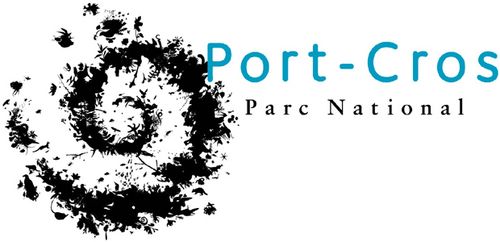
Port-Cros National Park, established on December 14, 1963, is the oldest French marine park and the second oldest one in Europe. The two central areas of the park, Port-Cros and Porquerolles, cover 1,700 hectares of land and 2,900 hectares of sea, including three islets categorised as reserves. In 1999, the French Ministry of Ecological Transition entrusted Port-Cros National Park with the animation of the French part of the Pelagos Sanctuary, with the aim of creating a national dynamic involving all stakeholders. Port-Cros National Park plays an important role in the development of the Sanctuary in French waters regarding sustainable whale-watching practices, supporting French signatory Municipalities of the Pelagos Partnership Charter, and conducting scientific in-depth studies within its national jurisdiction.
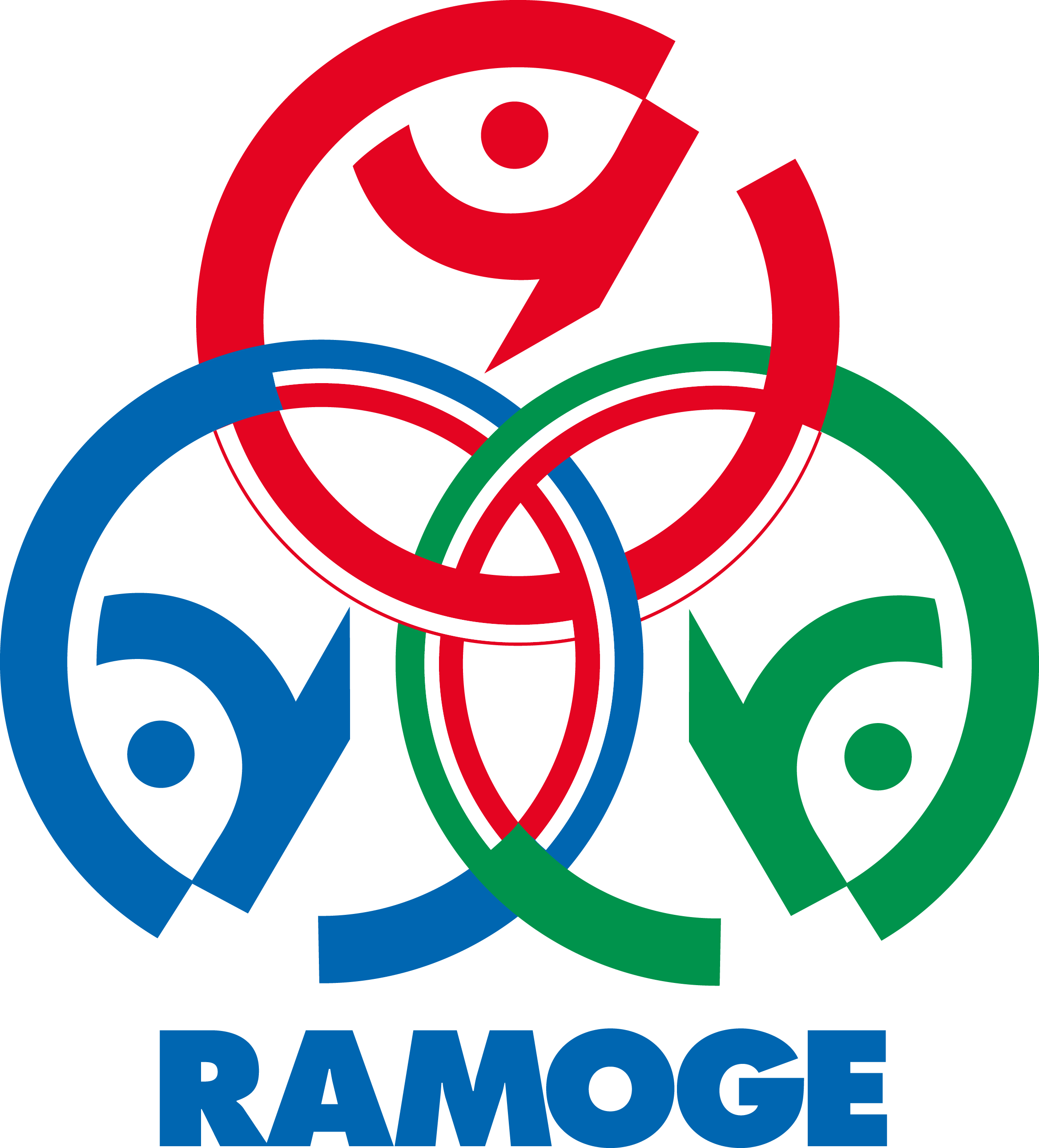
The RAMOGE Agreement is an intergovernmental agreement between France, Italy, and the Principality of Monaco for the preservation of the coastline and marine environment. RAMOGE Agreement activities focus on three main areas of action: integrated coastal zone management, prevention and fight against pollution, and raising public awareness of marine environment conservation.
The Secretariats of the Pelagos and RAMOGE Agreements collaborate to develop activities aimed at improving awareness of the impacts of marine pollution, especially from contaminants and plastics, on marine mammals and their habitats, as well as proposing management measures and awareness-raising and training actions on such issues.
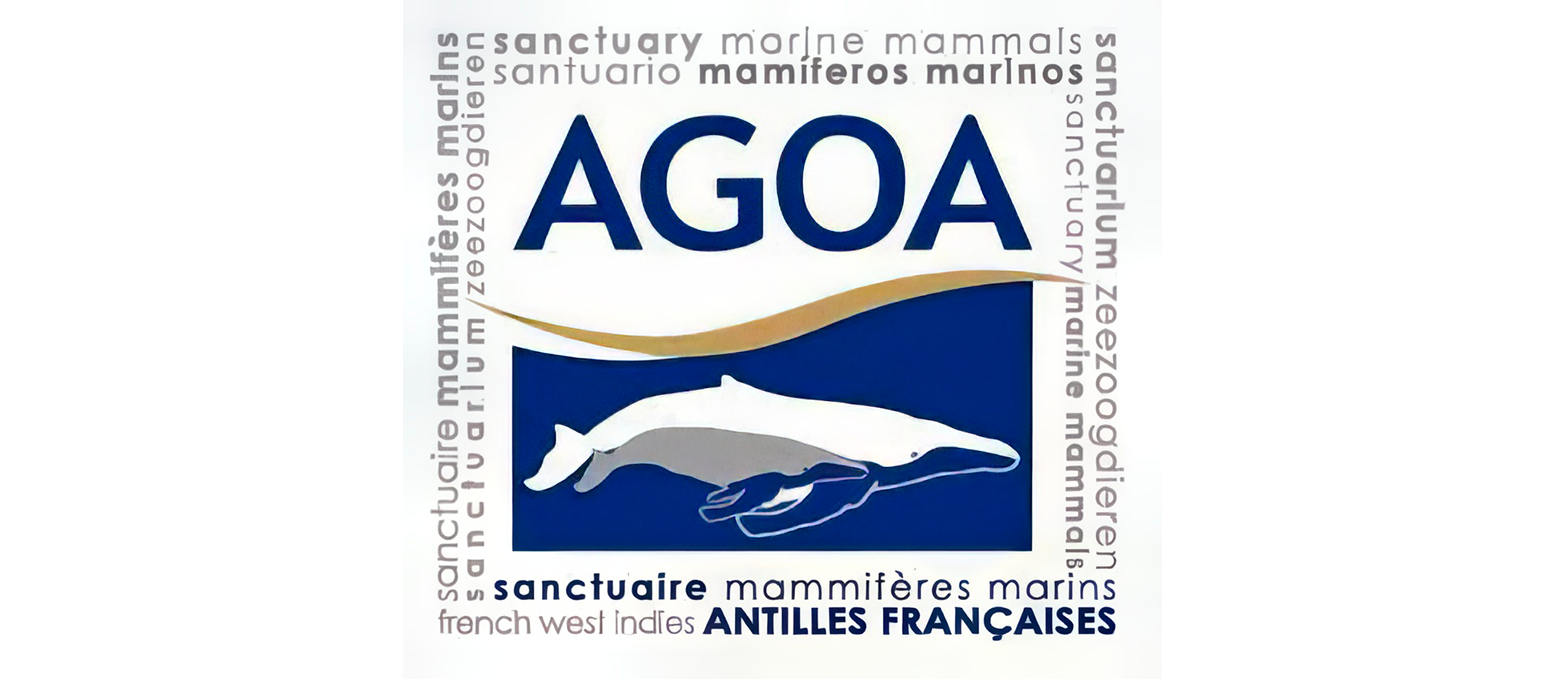
The Agoa Sanctuary for Marine Mammals is a Marine Protected Area established by France in 2010 in the French Antilles and recognized under the 2012 Protocol on Specially Protected Areas and Wildlife (SPAW) of the Cartagena Convention. Its goal is to ensure a favourable conservation status for marine mammals and their habitats, protecting them from the negative impacts of human activities. The Agoa Sanctuary covers the entire Exclusive Economic Zone of the French Antilles, including numerous National Parks and natural reserves.
Given the common challenges and objectives of the two Sanctuaries, Pelagos and Agoa signed a Memorandum of Understanding in 2018 in order to share good practices in governance, cross-border cooperation, and local stakeholders’ involvement; promote exchanges on training and awareness-raising issues for managing authorities, local stakeholders, and the public; and implement joint actions on various issues, including reducing underwater noise pollution and collisions.

The Regional Activity Centre for Special Protected Areas (SPA/RAC) is the biodiversity thematic centre within the UNEP/MAP – Barcelona Convention system. It was established in 1985 to assist Mediterranean countries in implementing the Protocol concerning Specially Protected Areas and Biological Diversity in the Mediterranean (SPA/BD Protocol). SPA/RAC carries out training programs for the public and scientific, technical, and managerial personnel of the contracting countries, and ensures cooperation and coordination with other international governmental and non-governmental organizations for habitat and species protection in the Mediterranean.
SPA/RAC manages the List of Specially Protected Areas of Mediterranean Importance (SPAMI list), in which the Pelagos Sanctuary was included in 2001 due to its exceptional natural and cultural characteristics, with successful designation renewal in 2015 and 2019. Furthermore, Pelagos actively participates in “SPAMI Days,” having contributed to the organization of the First Edition in 2022, together with SPA/RAC and UNEP/MAP, as well as in initiatives promoting good practices exchanges among various SPAMIs organized by SPA/RAC (Twinning Programme).
Other Partners

The Monegasque Association for the Protection of Nature (AMPN) is the manager of Monaco’s Marine Protected Areas and coordinator of projects related to the Marine Education Area.
The collaboration between the AMPN and the Pelagos Agreement began with the signing of an agreement with the Secretariats of ACCOBAMS and Pelagos to implement the ‘High Quality Whale Watching®’ label. Over time, various collaborations have developed, in particular through awareness-raising programmes for children. The Marine Protected Areas and the Monaco Marine Education Area are indeed located in the heart of the Pelagos Sanctuary.
The synergies created through awareness-raising and education activities strengthen the impact of these initiatives, contributing significantly to the conservation of the Pelagos Sanctuary.
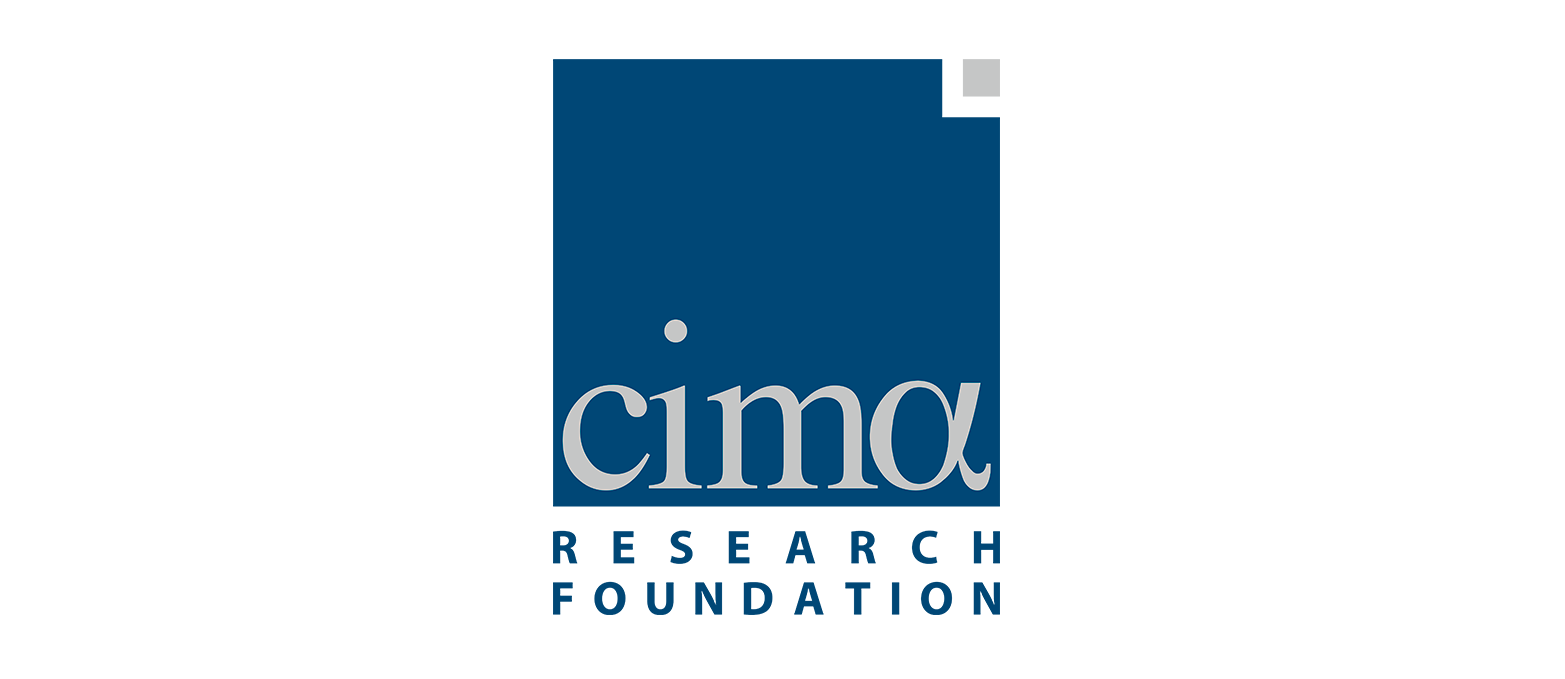
CIMA Foundation is an Italian nonprofit research organization focusing on research, technological development, and advanced training in the sectors of risk mitigation, civil protection, and ecosystem conservation.
CIMA Foundation is one of the scientific partners of the Pelagos Agreement. It conducts scientific research and studies on marine ecosystems in various areas, with particular attention to the species populating the Pelagos Sanctuary area, to support the development of effective measures for marine mammals conservation, with an emphasis on sustainable marine use. It also provides scientific and technical support in the event of strandings. CIMA Foundation is responsible for the development of the High Quality Whale Watching® (HQWW®) brand in the Italian territory, aimed at training operators who are committed to conduct commercial activities sustainably and in respect of marine mammals and their habitat.

MIRACETI is a French association of general interest for environmental protection. Born from the merger of three historical stakeholders in the conservation of cetaceans in France (GECEM, GIS3M, and Souffleurs d’Ecume), its goal is to improve awareness and contribute to the conservation of cetaceans and the marine ecosystem through an integrated and multidisciplinary approach. To this end, MIRACETI conducts research and monitoring programs; it provides technical-scientific support to numerous stakeholders in the development of conservation strategies; it develops solutions to mitigate environmental threats; it offers training courses and awareness campaigns on cetaceans and marine biodiversity.
MIRACETI is one of the scientific partners of the Pelagos Agreement. It conducts research campaigns, training and awareness raising activities and supports the implementation of cetacean conservation measures in the Sanctuary. Furthermore, MIRACETI is delegated to develop the High Quality Whale Watching® (HQWW®) brand in the French and Monégasque territories, through which operators conduct sustainable whale watching activities respecting marine mammals and their habitat.
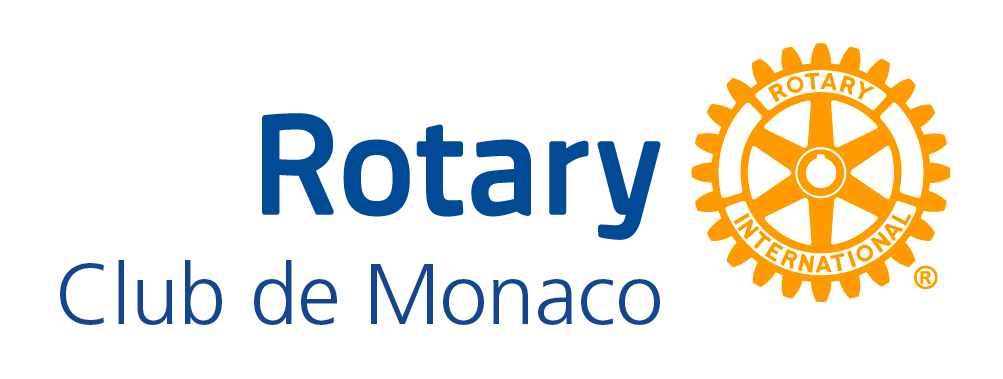
Rotary International, founded in 1905, brings together more than 1,400,000 decision-makers from every continent and culture, working to provide long-term solutions to the most urgent problems. Environmental conservation, with a particular focus on oceans, represents one of the causes historically supported by the Rotary Club. The Rotary Club of Monaco, founded in 1937, has been committed to marine environmental protection since the 1990s alongside the Milan Porta Vercellina and Saint-Tropez Clubs, it was one of the promoters of the “Pelagos Project” for the creation of a marine Sanctuary in the Mediterranean. In 2018, the Environmental Commission was established to strengthen, promote, and expand environmental actions. In this context, the Rotary Club of Monaco has supported the Pelagos Agreement in creating a poster and an online escape game for young generations.
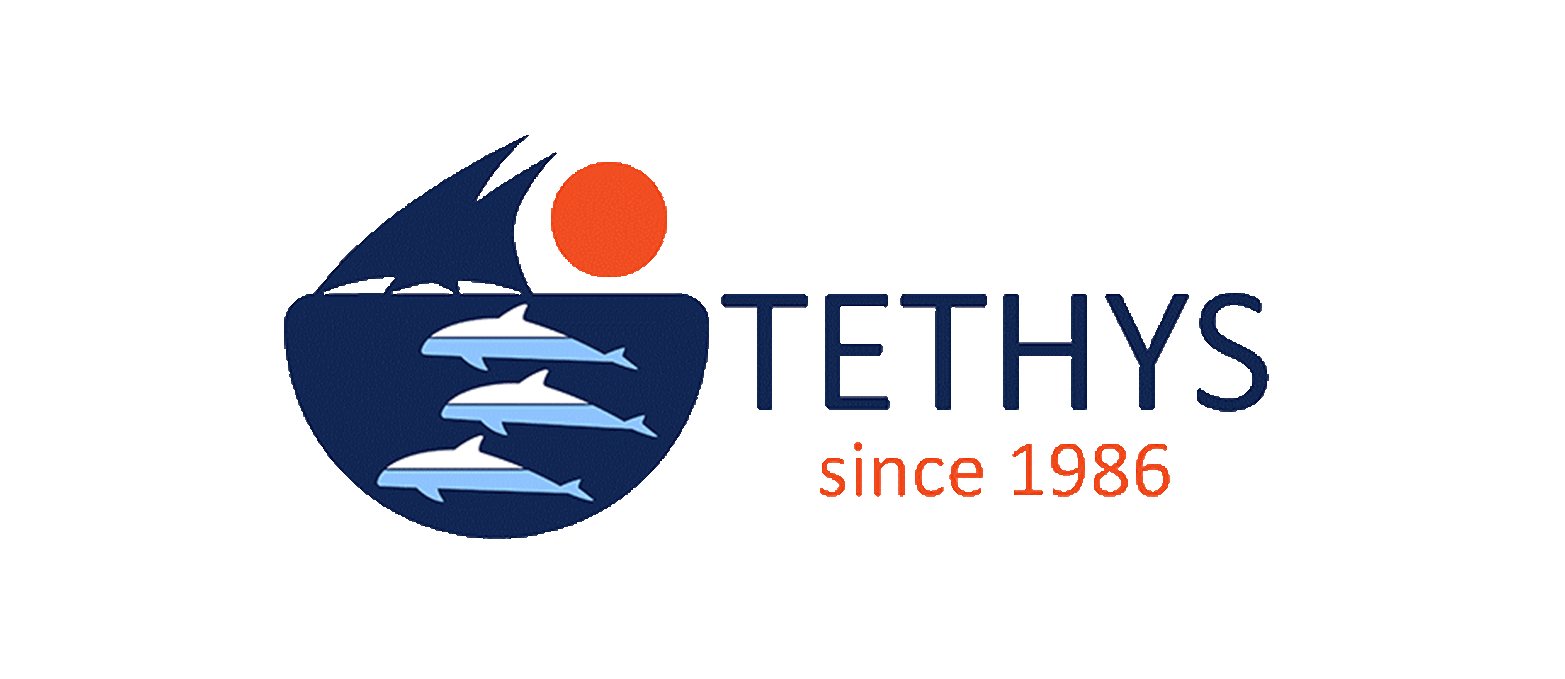
Tethys is an Italian non-profit research organization whose mission is to support the conservation of the marine environment through scientific research and public awareness raising. Since its creation in 1986, Tethys has promoted scientific research and marine mammal conservation activities and became a promoter of the creation of the Pelagos Sanctuary for Marine Mammals in the Mediterranean.
Tethys conducts scientific research activities aimed at supporting the adoption of conservation measures in the Sanctuary area, as well as raising public awareness for the protection and conservation of marine mammals.
